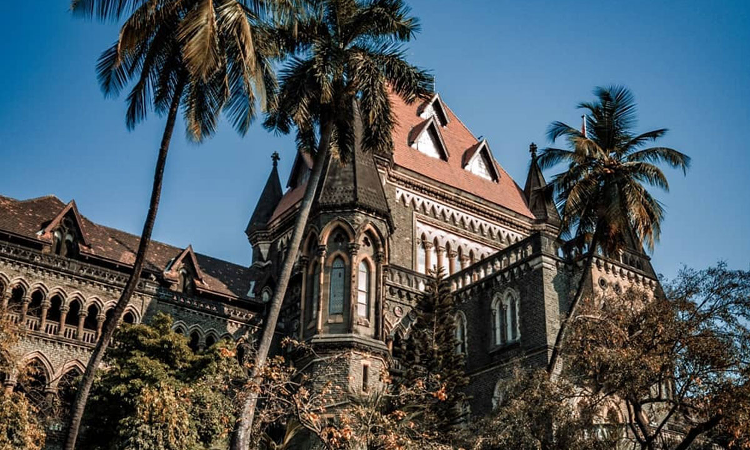Priyanshu
On July 12, 2024, the Bombay High Court has ordered the immediate release of Sikandar Kale, a 30-year-old man who remained incarcerated for over four years due to his inability to pay a fine of Rs. 2.65 lakhs, even after completing his original sentence.
Case Details
Kale was arrested in 2017 and subsequently convicted in 2019 on 14 criminal charges related to house trespassing, mischief, and theft in Kolhapur. He was sentenced to a concurrent two-year prison term across all cases. In addition to the imprisonment, the magistrate imposed a cumulative fine of Rs. 2.65 lakhs, with a default sentence of additional imprisonment if he failed to pay.
Kale completed his prison sentence in March 2020 but remained in jail due to his inability to pay the hefty fine. His continued imprisonment, which would have extended to nine more years if the default sentence had been fully served, led him to file a plea with the Bombay High Court seeking a reduction in the default sentence.
Court’s Decision
A division bench of Justices Bharati Dangre and Manjusha Deshpande, recognizing the injustice of Kale’s prolonged detention due to poverty, ordered his immediate release. The court emphasized that the purpose of the criminal justice system is reformative, not retributive, and that punishment should not be disproportionate to the offense.
The bench, invoking the court’s inherent jurisdiction under Section 482 of the Code of Criminal Procedure, reduced the fine amount in some cases and deemed Kale’s time served since May 2020 as sufficient to cover the remaining default sentence.
Key Arguments
Kale’s Advocate, Atharva Dandekar, argued that his client’s continued detention due to poverty was a violation of his fundamental right to life and dignity. He highlighted the disproportionate nature of the default sentence, which would have resulted in 11 years of imprisonment for offenses that carried a two-year sentence.
The state, represented by Assistant Public Prosecutor Ashvini Takalkar, opposed the plea, citing a Supreme Court decision that disallowed the concurrent running of default sentences.
Court’s Observations
The Bombay High Court, in its judgment, stressed the importance of magnanimity in the justice system. It quoted Justice V.R. Krishna Iyer’s observation in a previous case: “To be poor, in this land of Daridranarayan, is no crime, and to recover debts by the procedure of putting one in prison is too flagrantly violative of Article 21 unless there is proof of the minimal fairness of his willful failure to pay in spite of his sufficient means and absence of more terribly pressing claims on his means, such as medical bills or other grave illness.”
The court also highlighted the principle that “mercy is reasonable in the time of affliction as clouds of rain in the time of drought.”
Implications
This landmark ruling by the Bombay High Court sets a precedent for considering the socioeconomic conditions of convicts when imposing fines and default sentences. It underscores the importance of upholding fundamental rights and ensuring that punishment is proportionate and just, regardless of an individual’s financial status. The decision has been widely lauded by human rights activists and legal experts as a step towards a more equitable and compassionate justice system.
Name of the Case- Sikander Govind Kale v. State of Maharashtra & Anr.
Case number: Criminal Writ Petition No.1148 Of 2024,
Bench:- Justices Manjusha Deshpande and Bharati Dangre.
Click here to access the judgment

